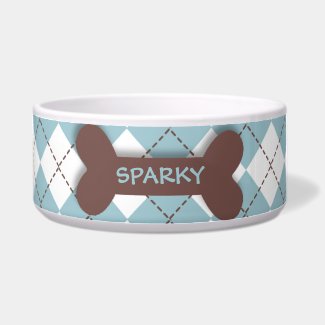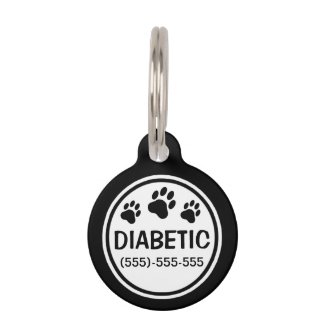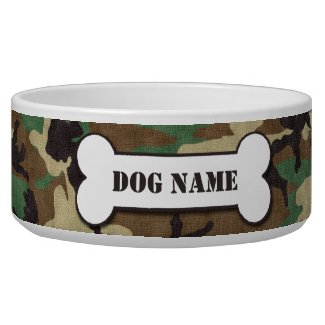Bad Veterinarians & Good Ones: How To Use Your Power In Finding The Right Vet (3)
You may have heard that finding the best
veterinarian means you may have to work a little. I'm not talking about hard
work, rather, I mean putting in a little effort to get to know the doctor and
to start asking the right questions, both for the vet and yourself.
You can, of course, pick the closest
veterinarian that has an office in your area, do whatever he or she tells you
to do after taking your dog or puppy for visits, and just hope for the best
(which is the case with most dog owners who fail to realize the importance of
changing their roles with the typical doctor/patient expectations).
Part of this partnership-building process
requires you to be clear about what matters most to you. Let's look at a
hypothetical self-analysis, which might go something like this (ask yourself
the following questions):

Personalized blue argyle dog bone pet food bowl dog bowl by Jamene_Clothing
Browse more Dogs Pet Bowls at Zazzle
1) Is my dog an important companion and an
essential part of my life, or does he occupy a different role (wedged somewhere
in between raising the children, working hard to pay the mortgage, and the
other animals that are running around the house)?

Black And White Diabetic Text With Custom Info Pet Tag by destei
Shop for other Pet tags at zazzle.com
2) Do I have a negative opinion about
annual vaccinations for my dog, that they are a waste of time and money? Do I
feel the same about yearly heartworm testing? Veterinarians differ in their
degree of “belief” regarding matters of necessary and appropriate care – be
sure that your own beliefs and your veterinarian's are in perfect harmony.
3) Do I need lots of time with my veterinarian?
Does the clinic have 15-minute appointments or 20-minute appointments? Will I
be able to see the same vet each time I bring my pet in?Does the office staff
schedule the veterinarian to spend all of that time with me, or will a
technician conduct the bulk of the visit?
(Cultivating a relationship with a good
technician is a great idea. Technicians can be better communicators and
educators than veterinarians, and clients are more often comfortable voicing
their concerns to the technician than the veterinarian.
4) If and when I have an old or infirm dog,
will I feel that any suggestion to diagnose or treat is guilt-inducing pressure
to do so? What do I consider “heroic” medicine, and how do I feel about it?
All of these questions are designed to help
you really start thinking about what you need to consider when forming a
relationship with the right veterinarian. They are just guides, and more can be
added to the list, but all are important so that you can better understand how
to communicate with your vet while at the same time helping the vet communicate
better with you as well.

No comments:
Post a Comment